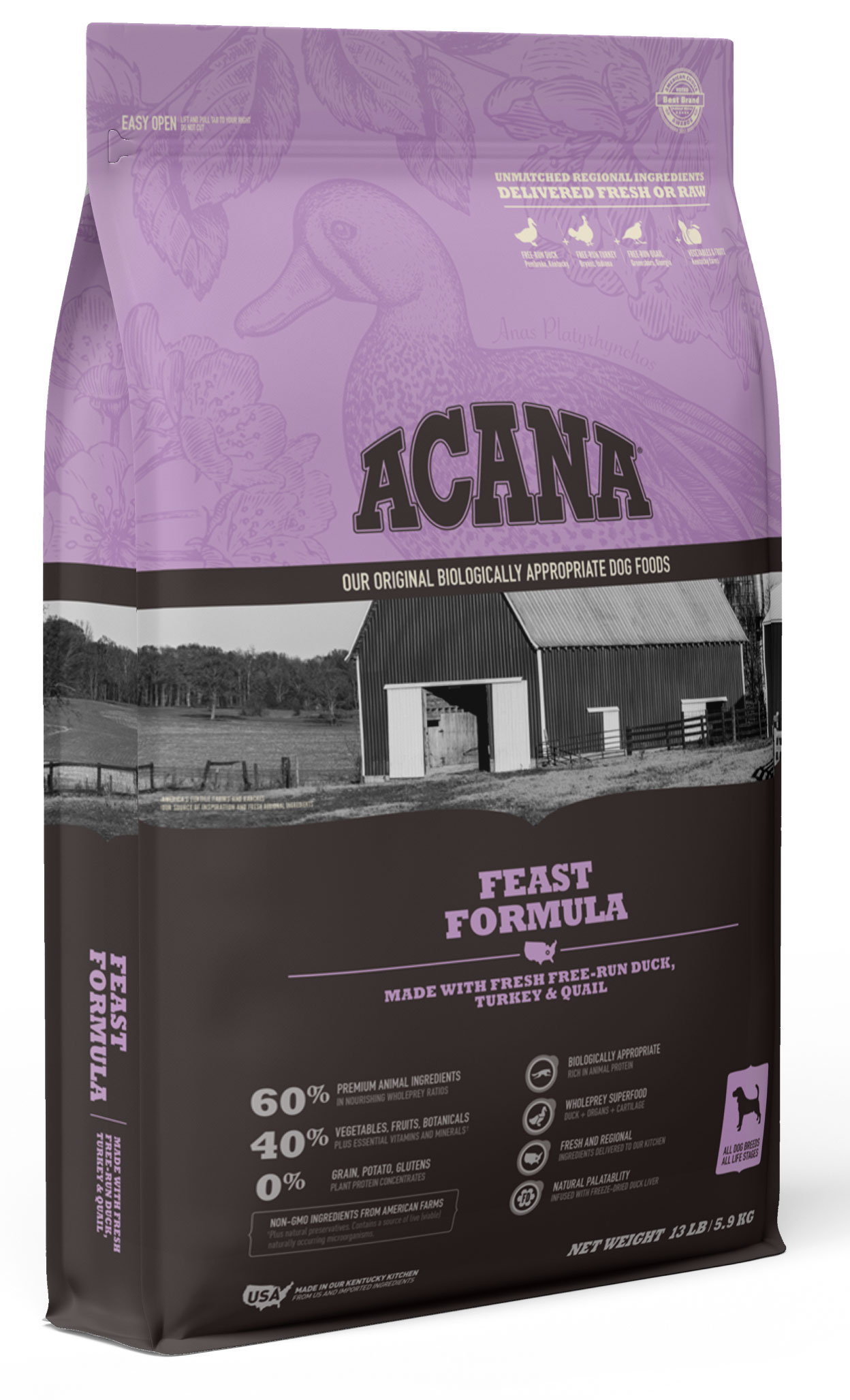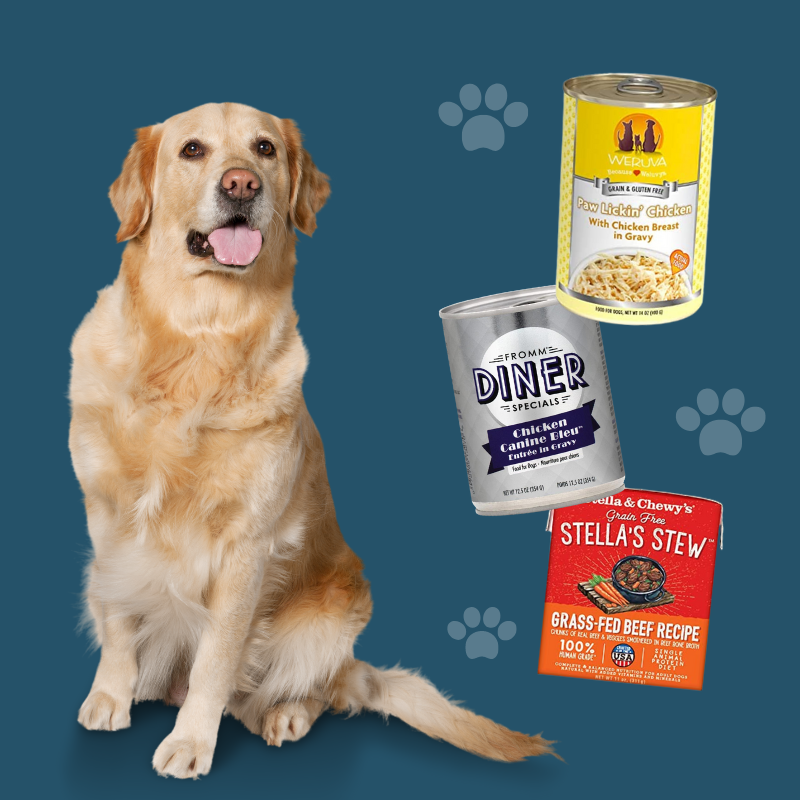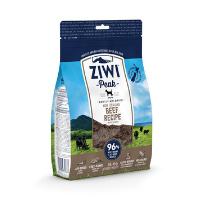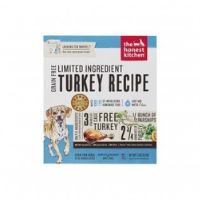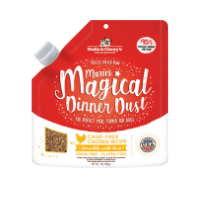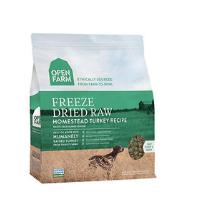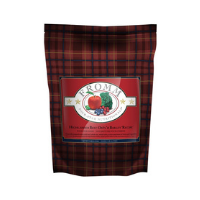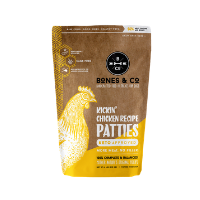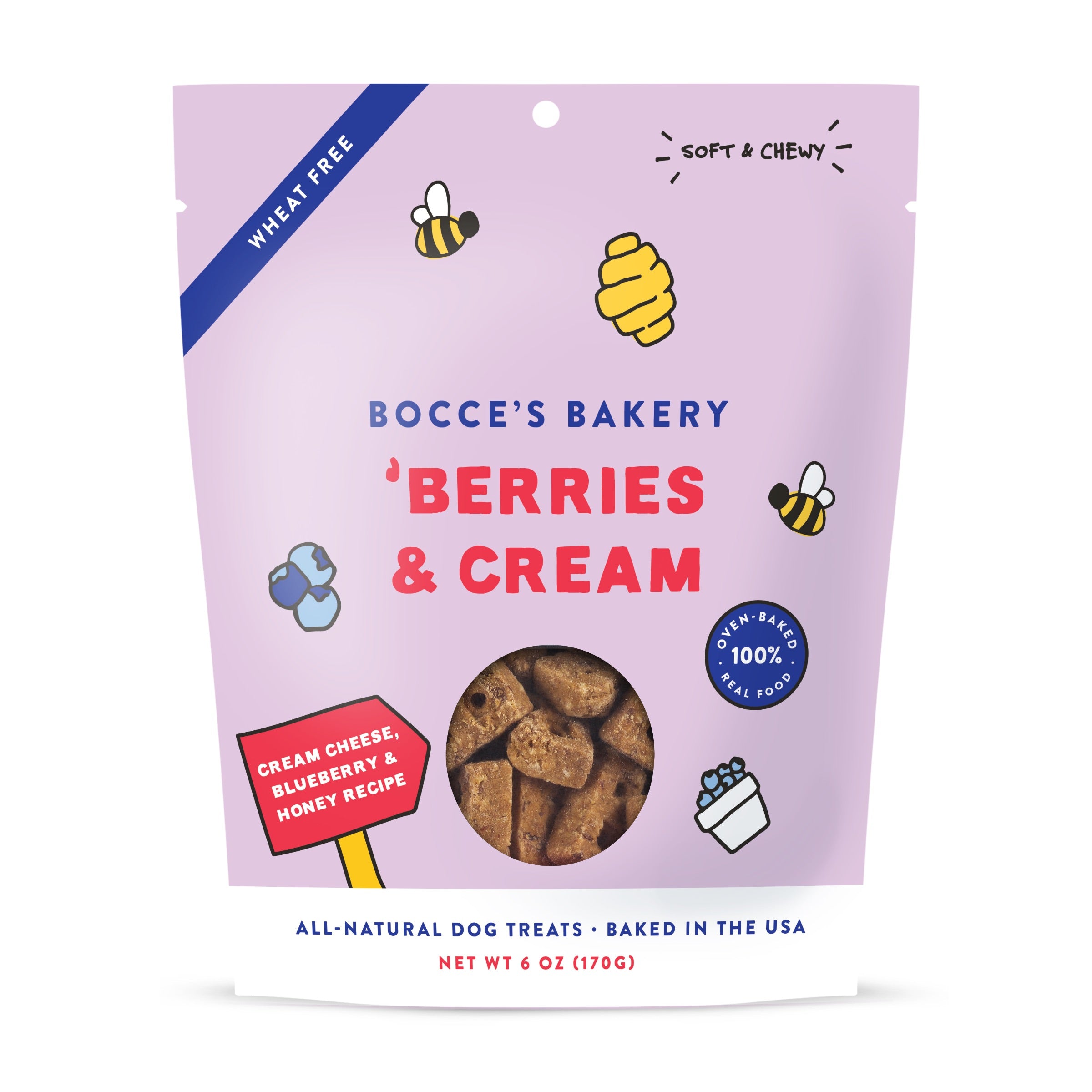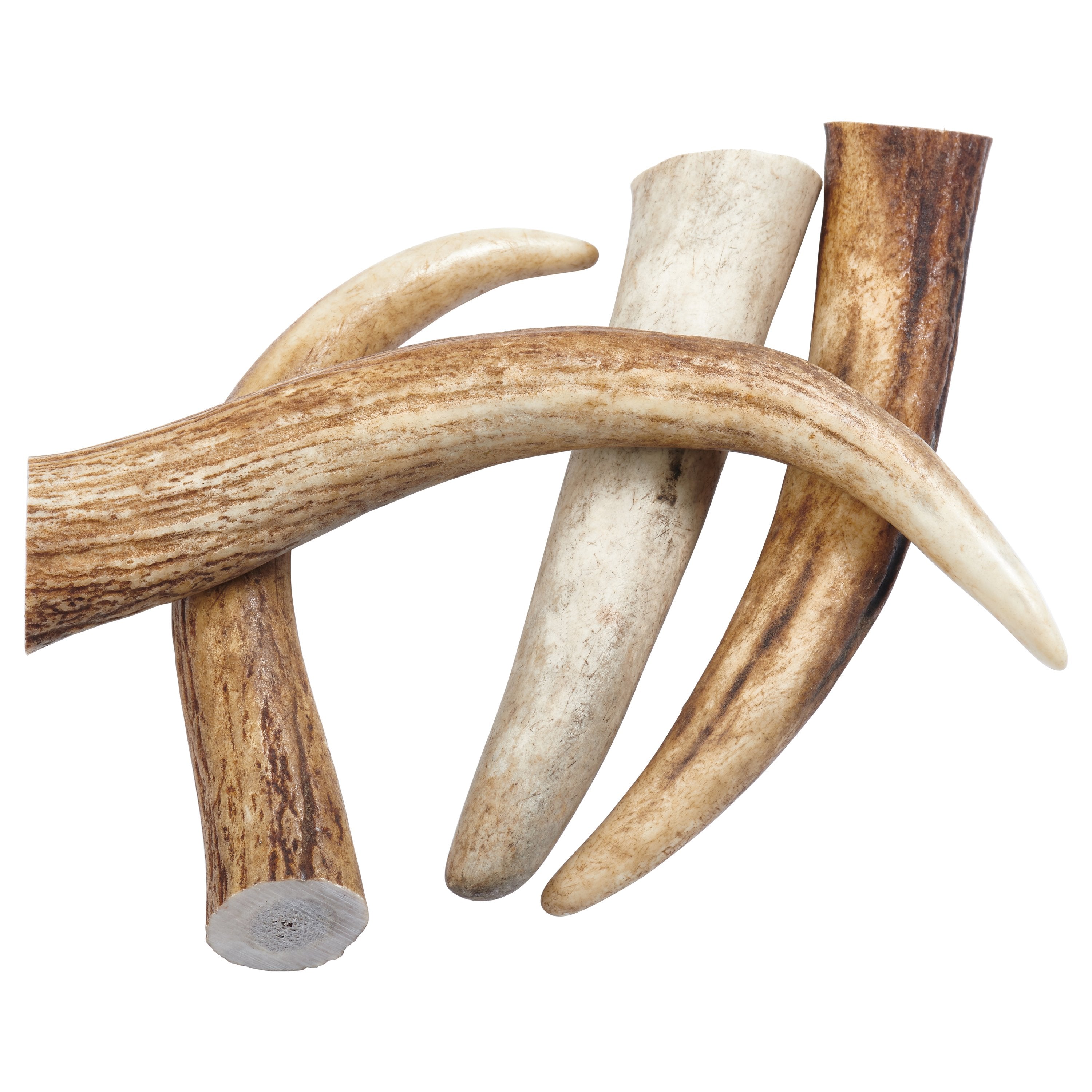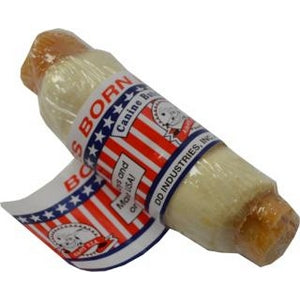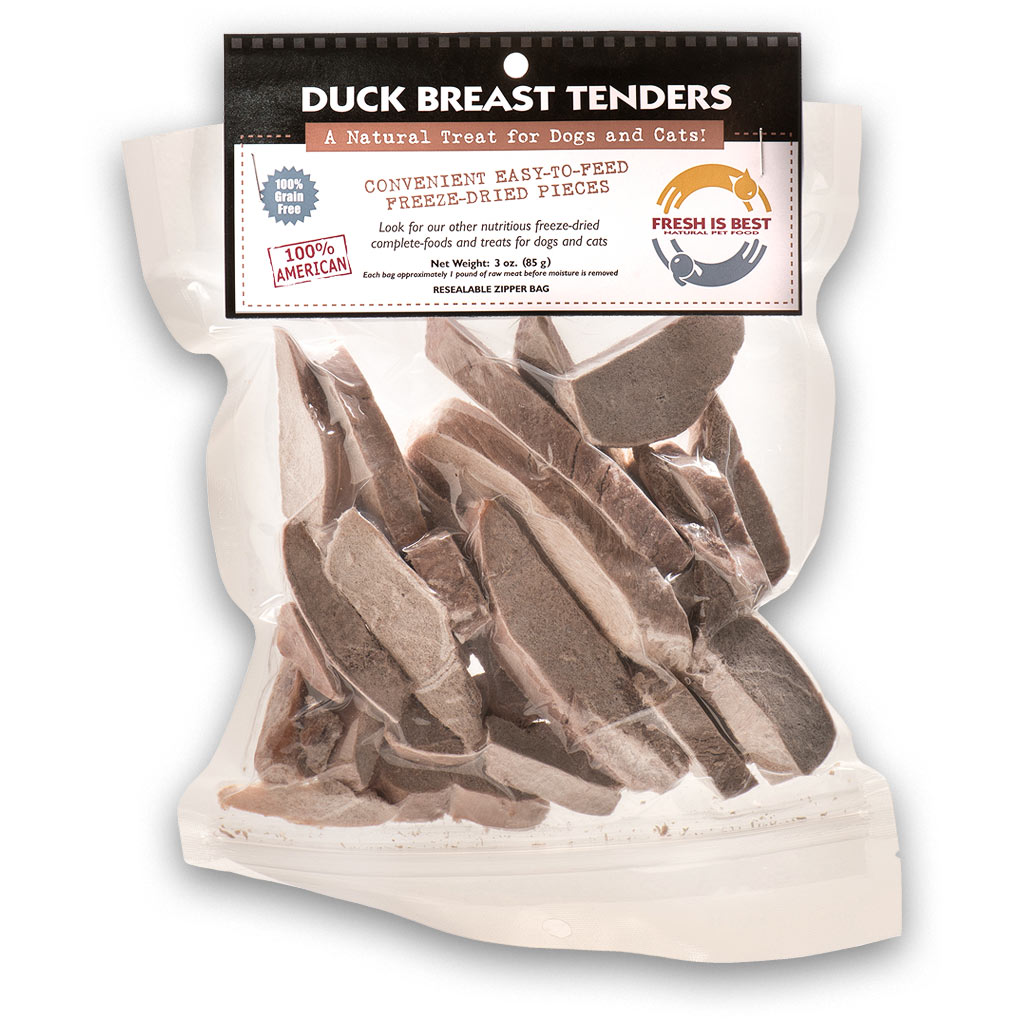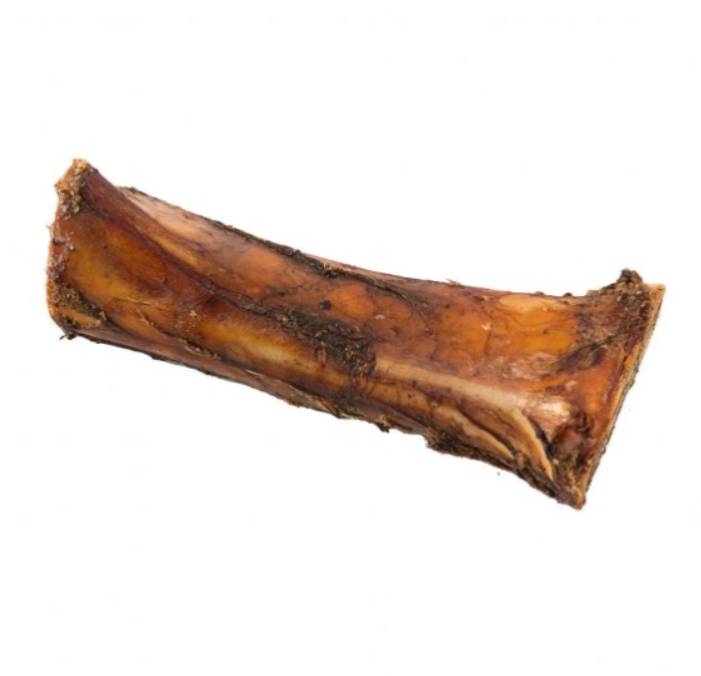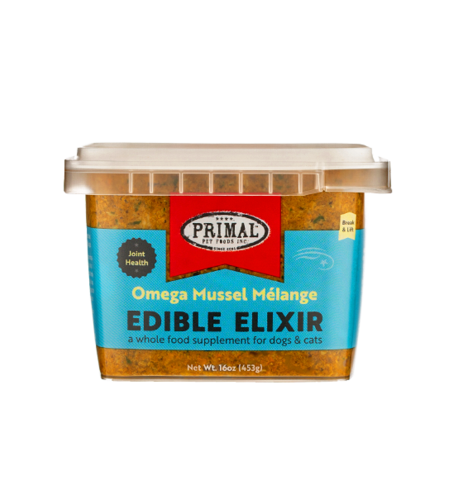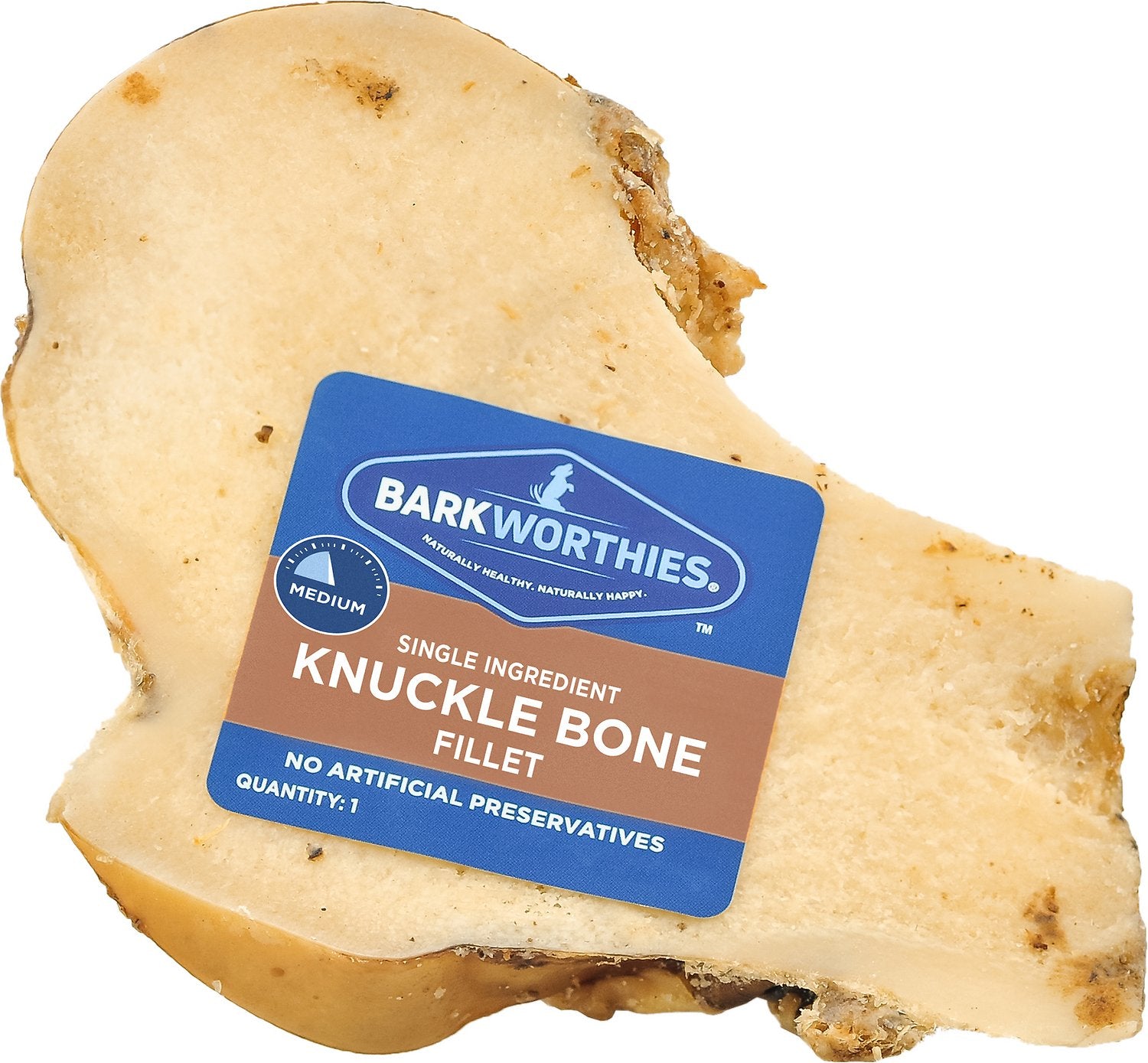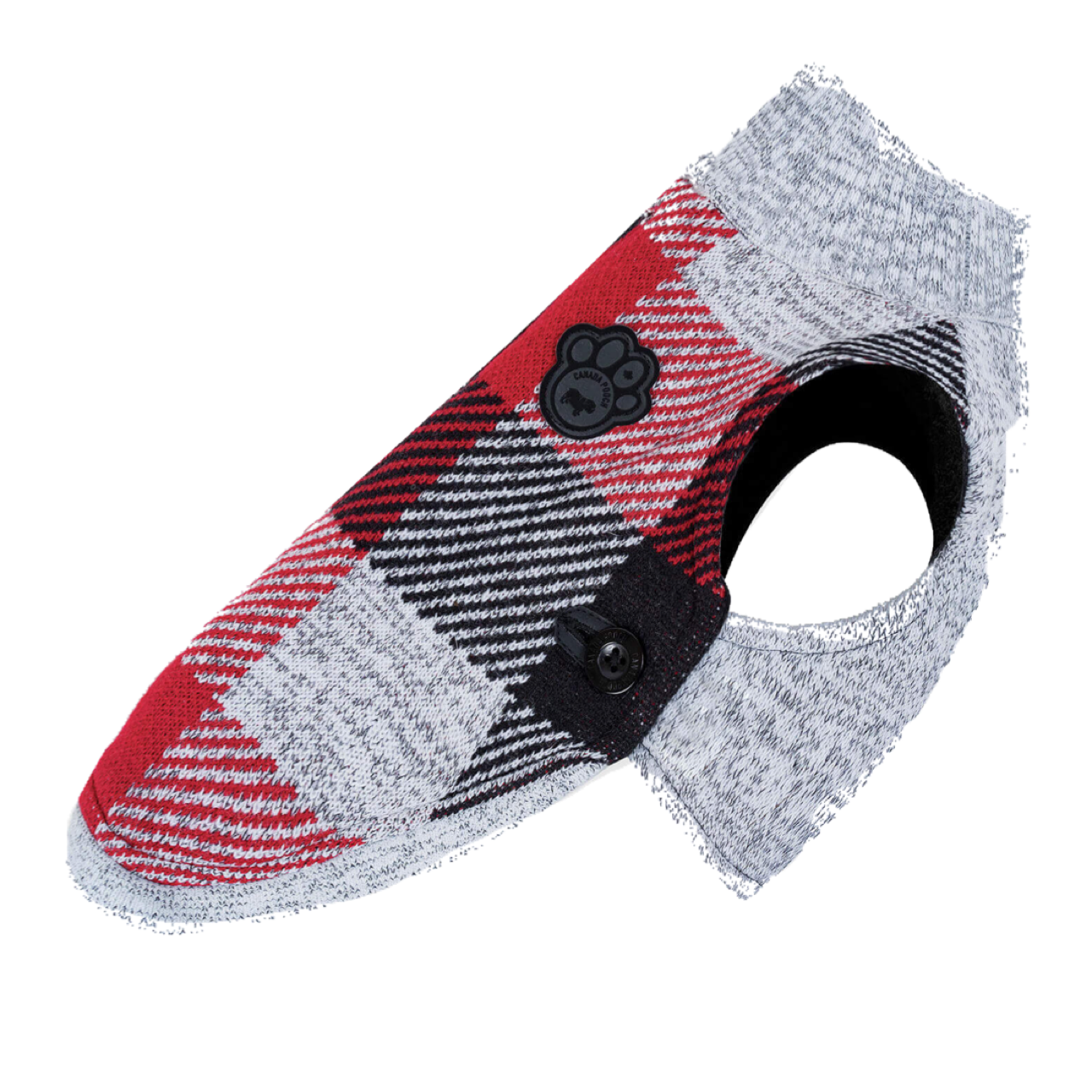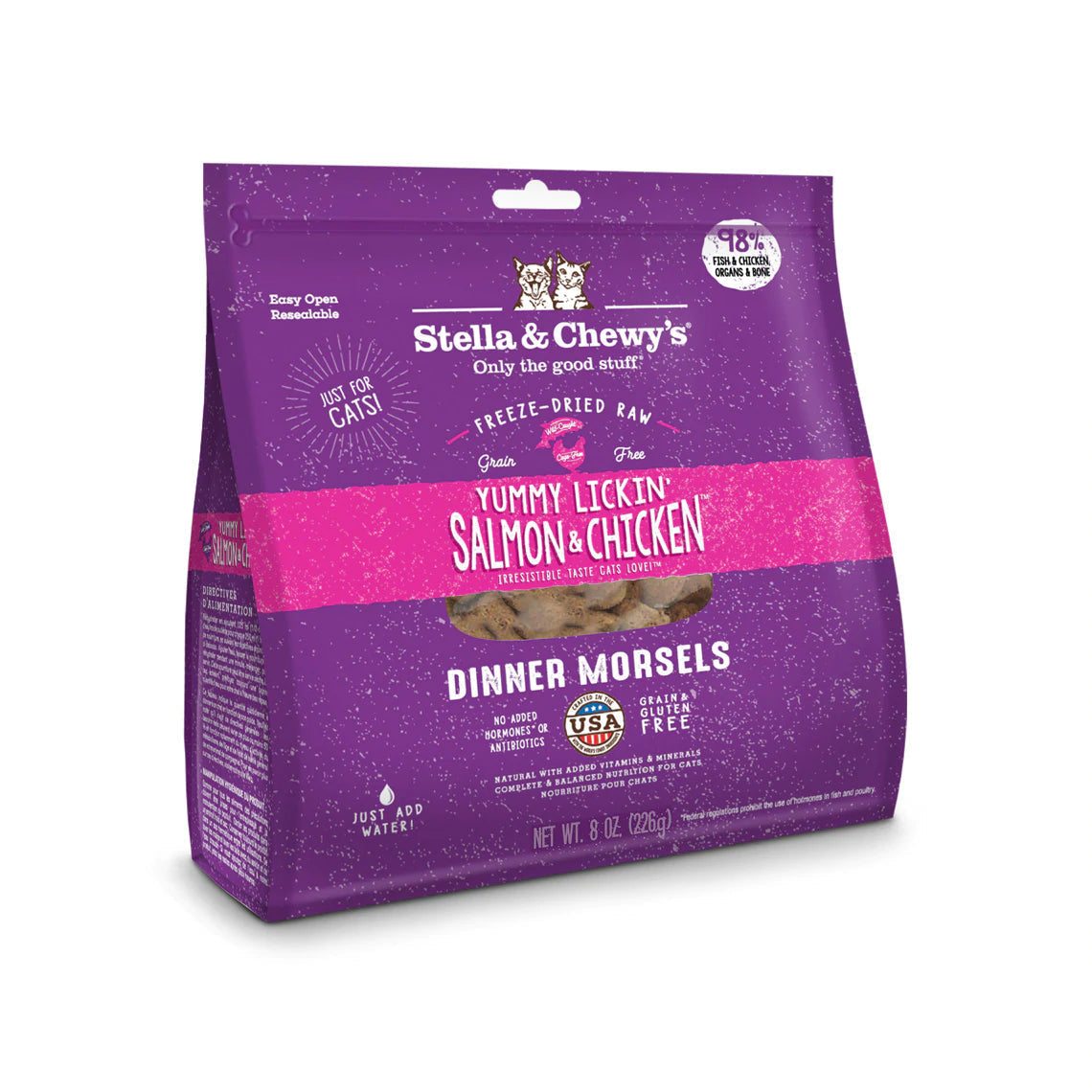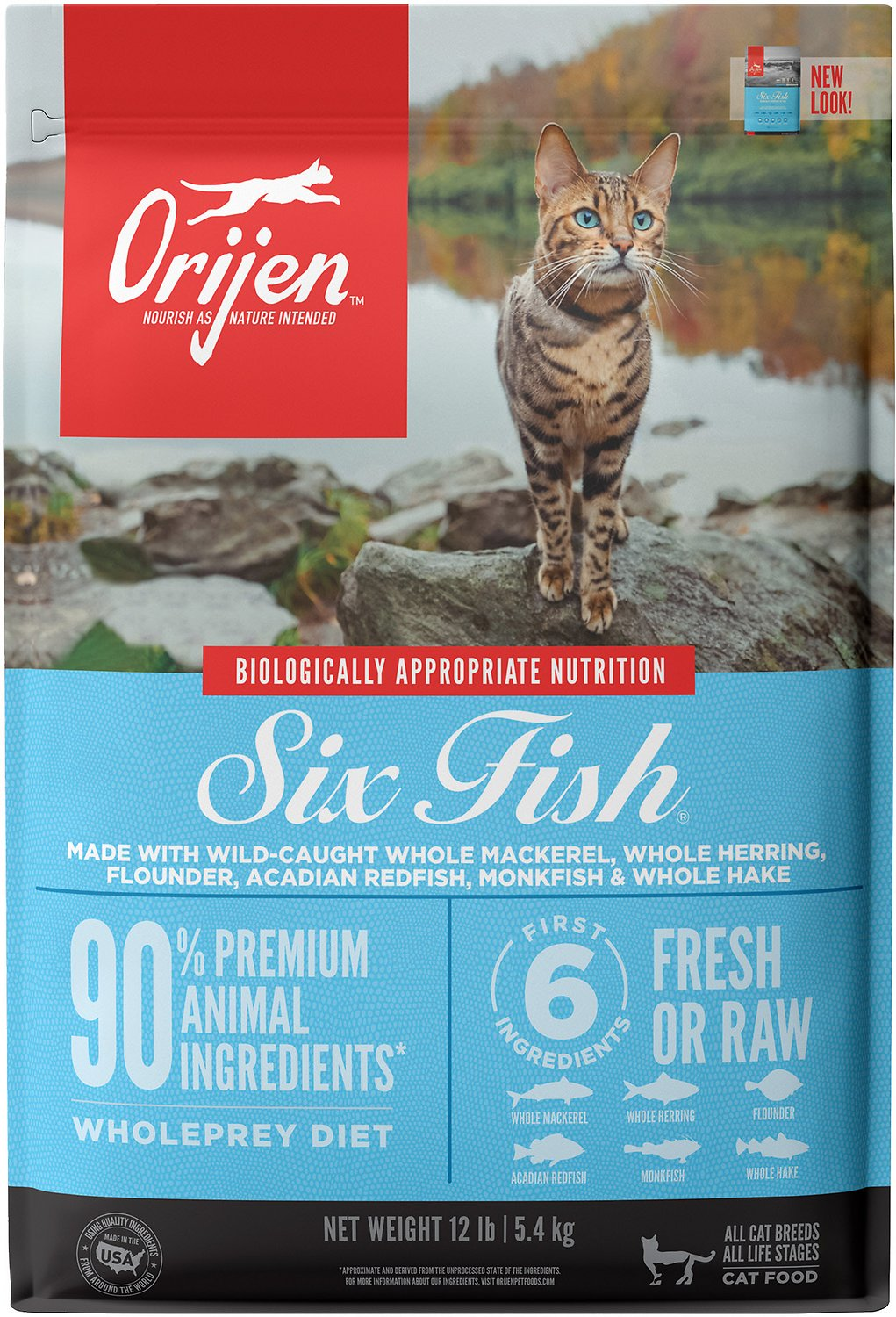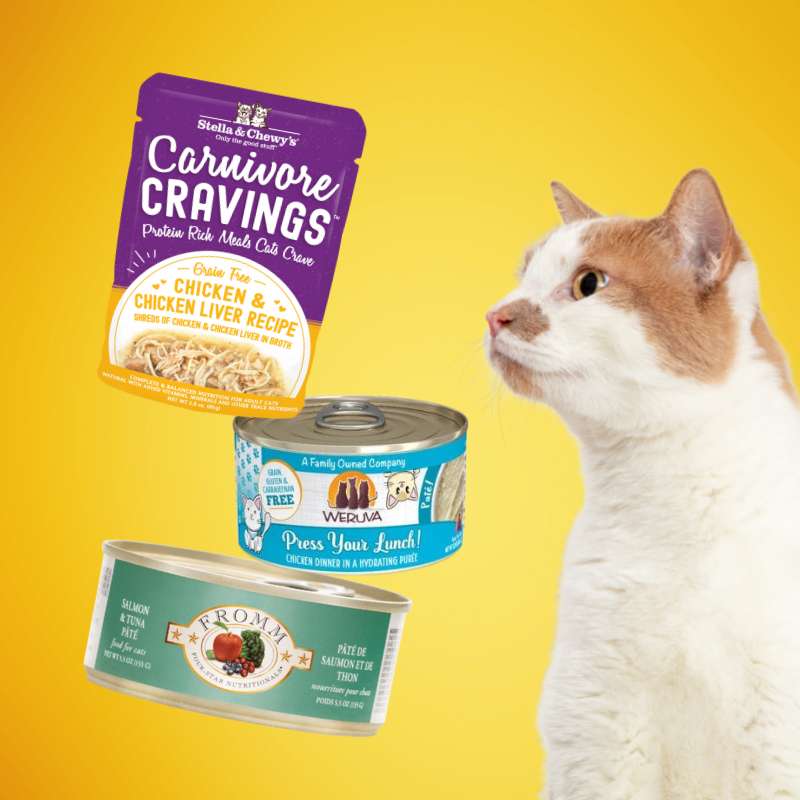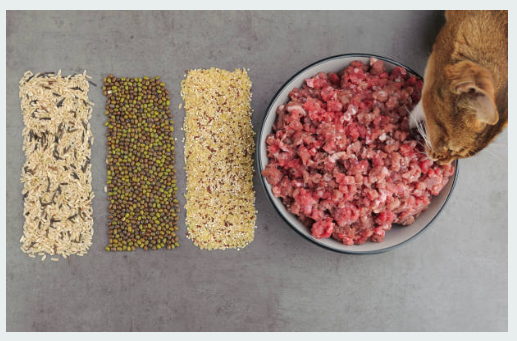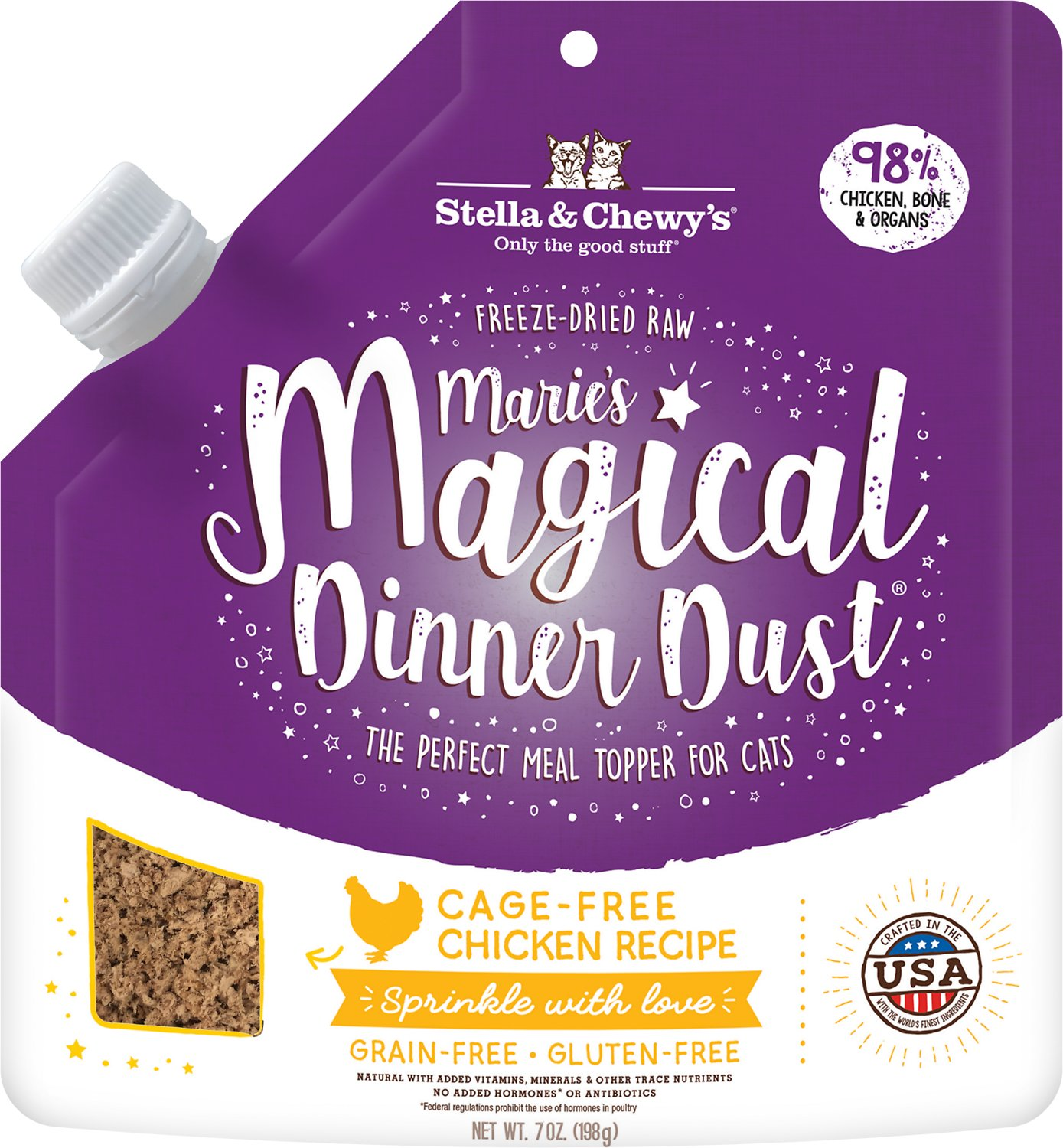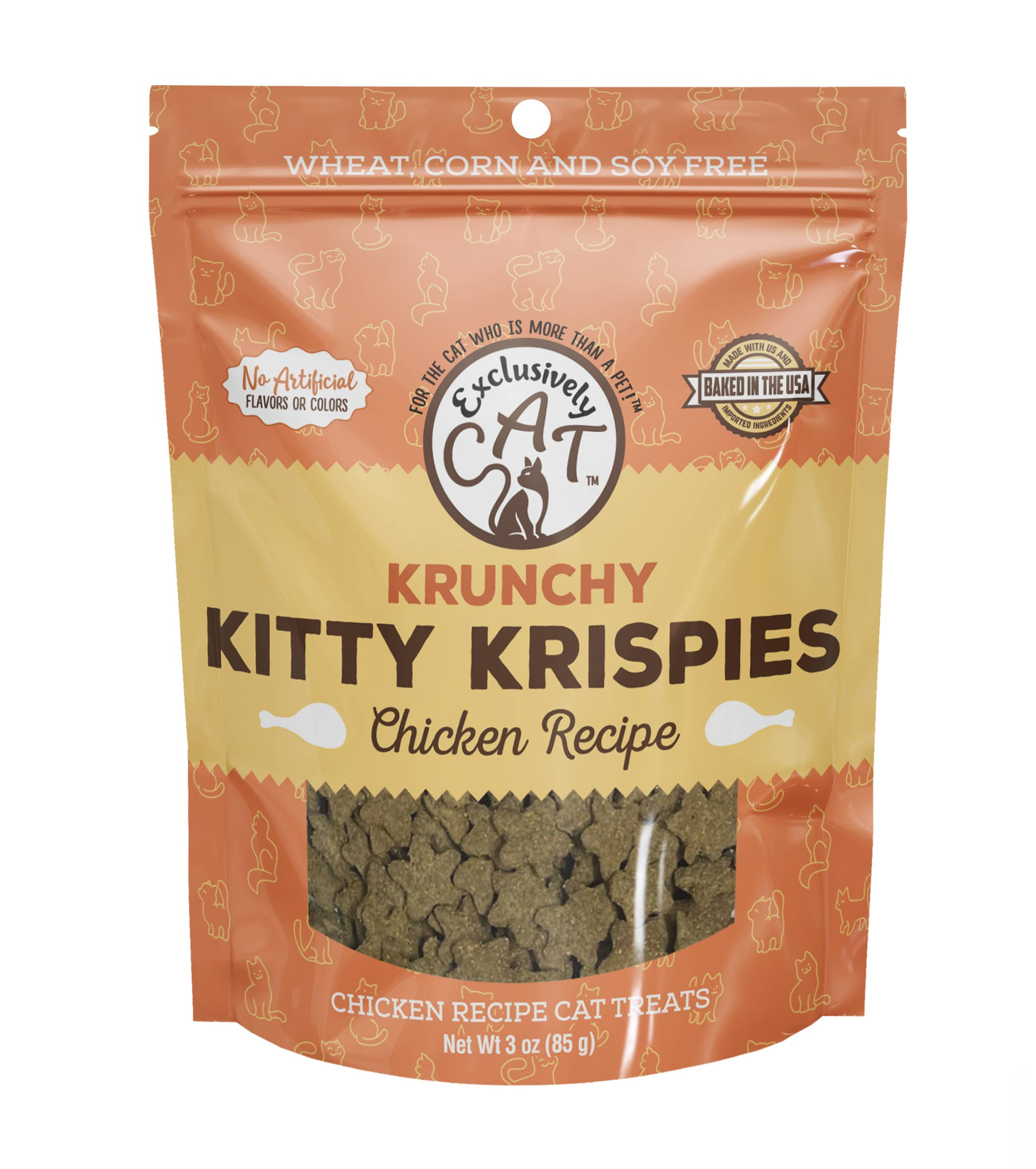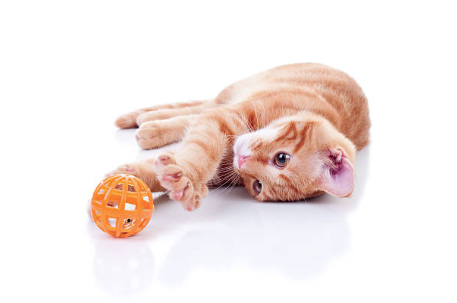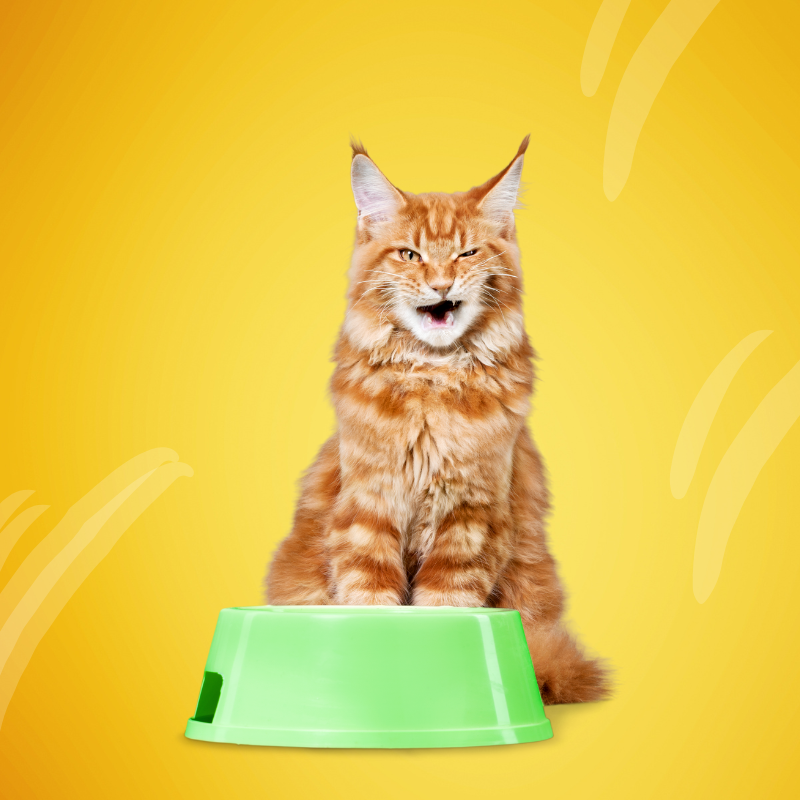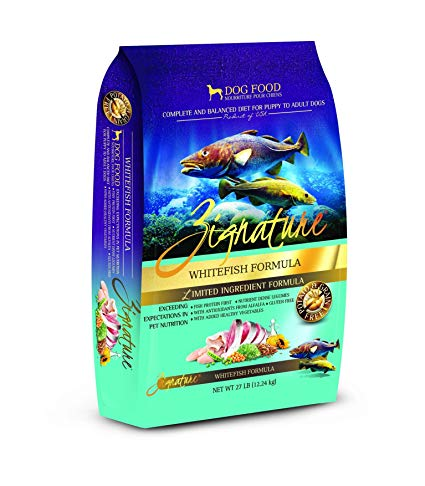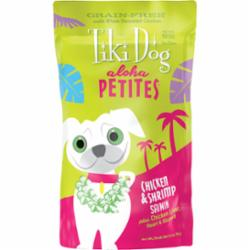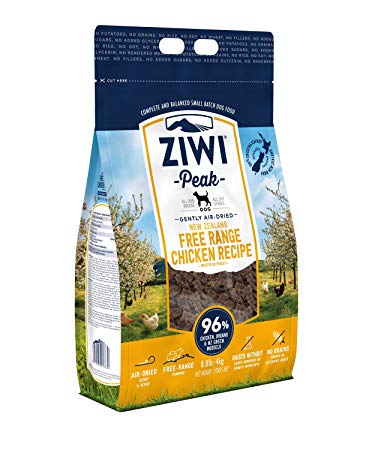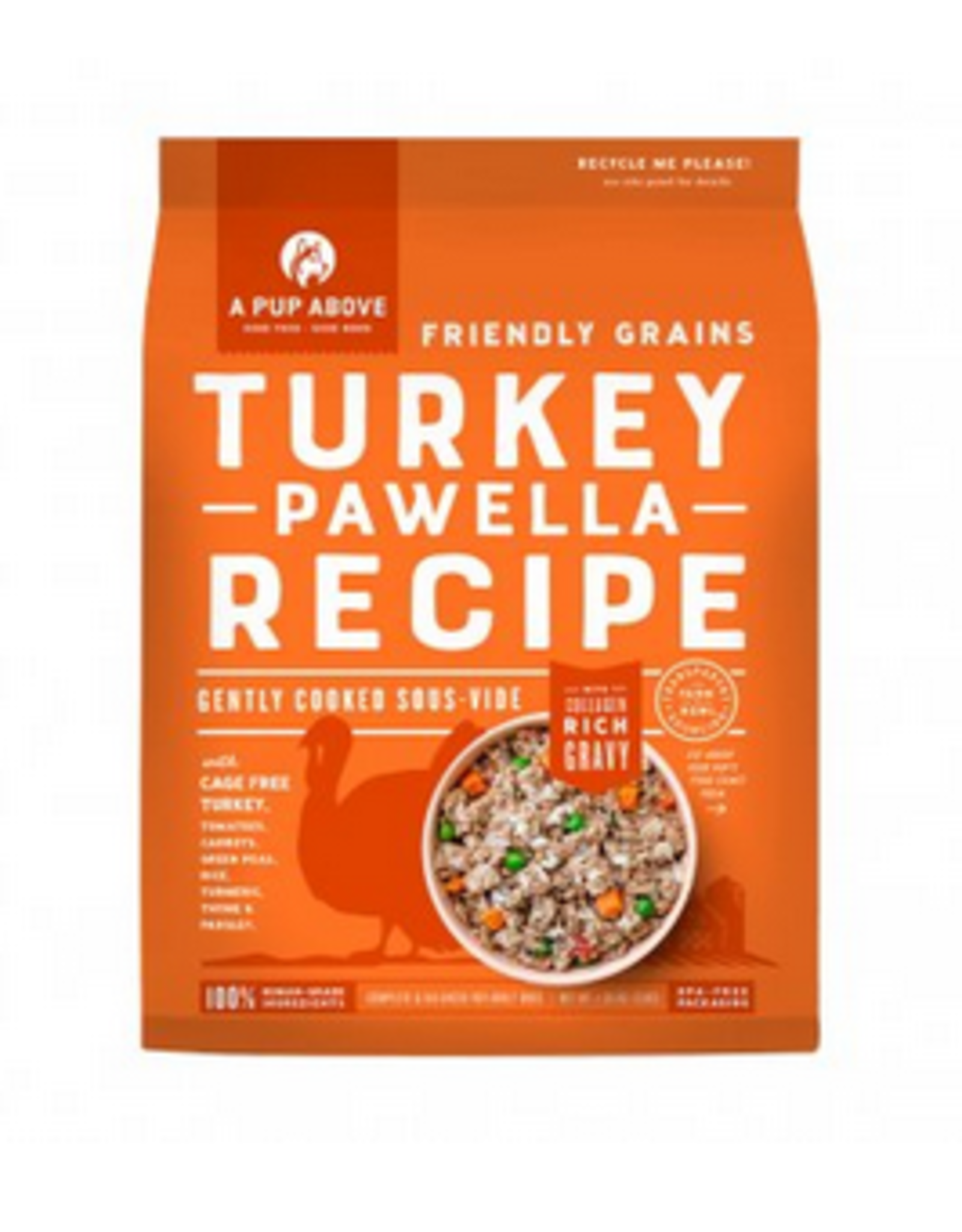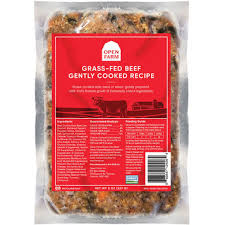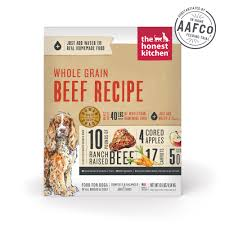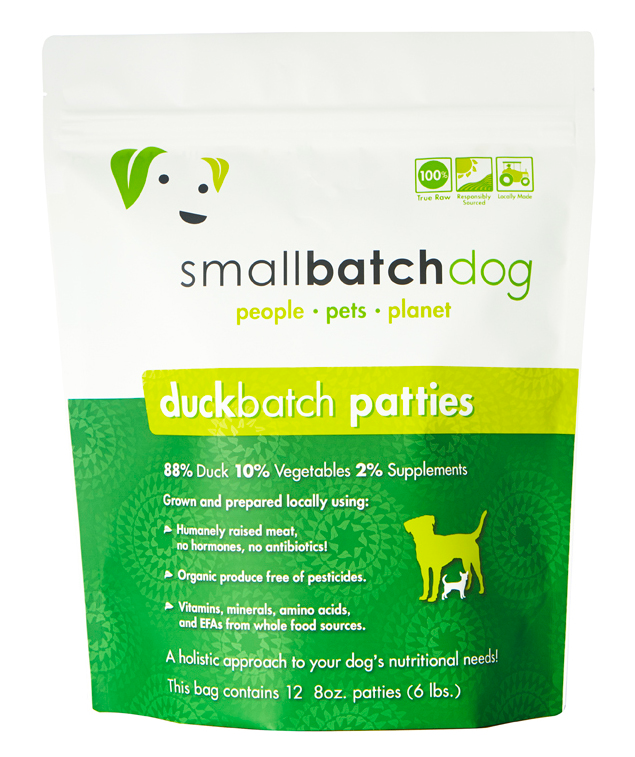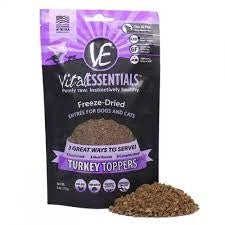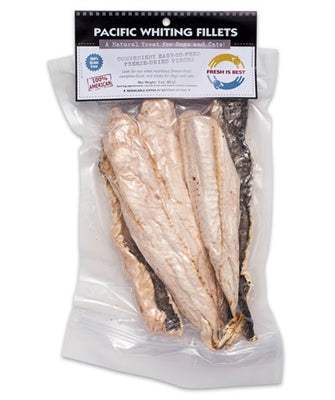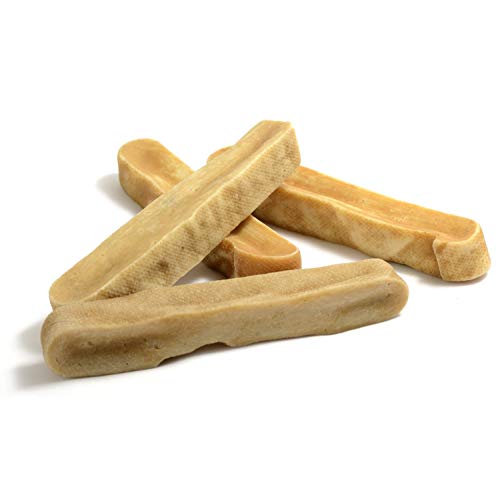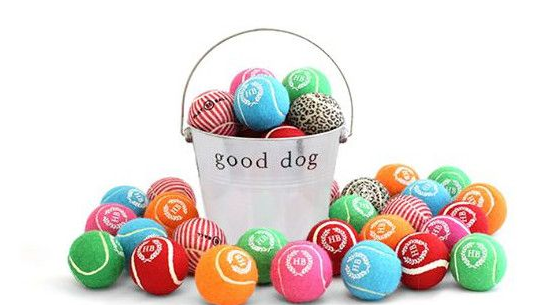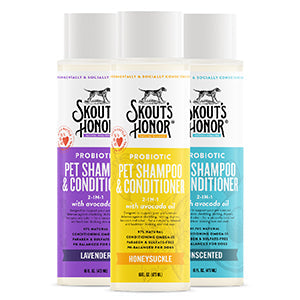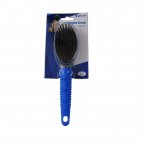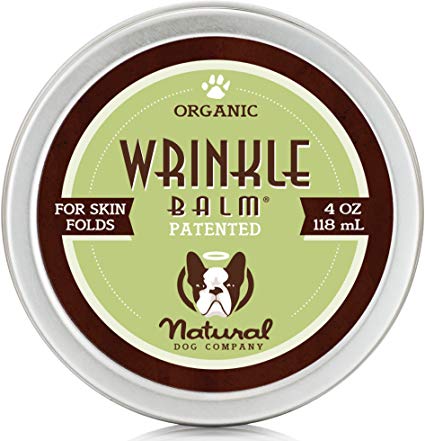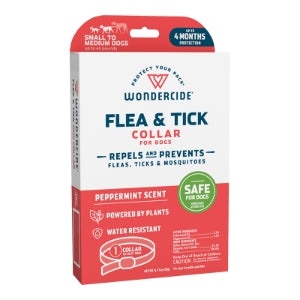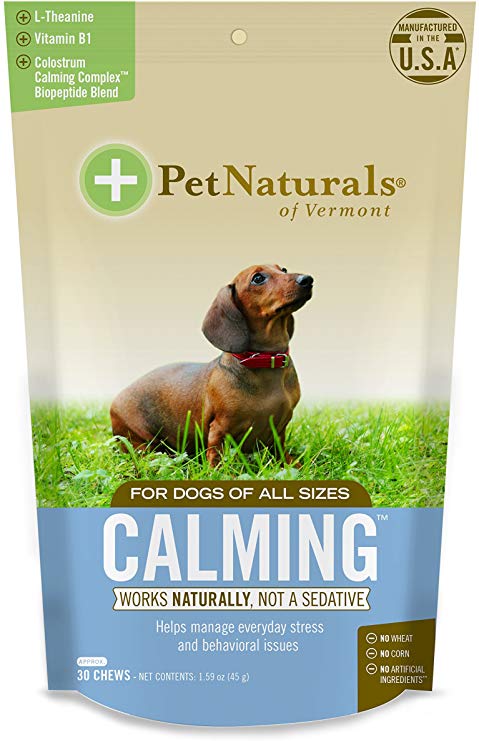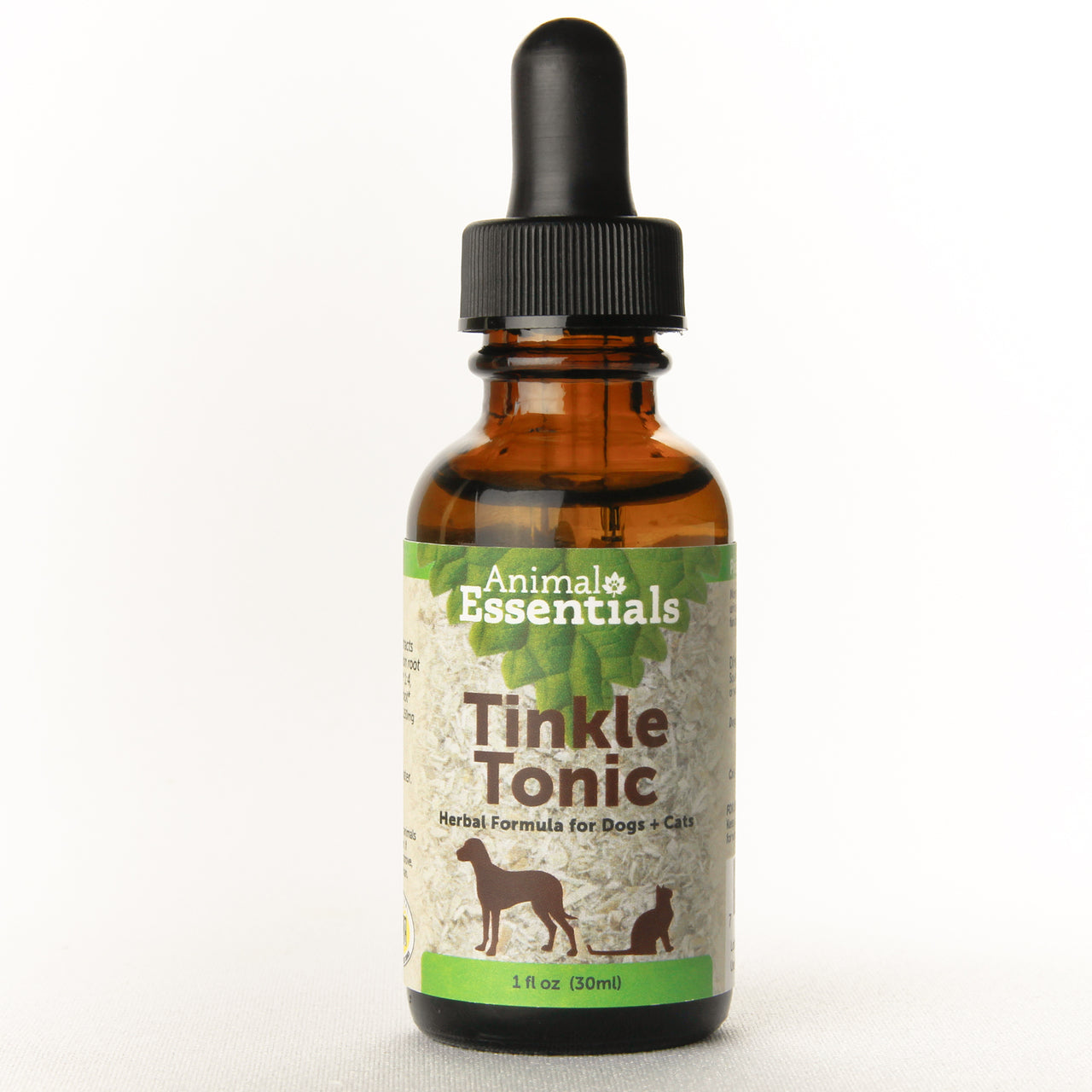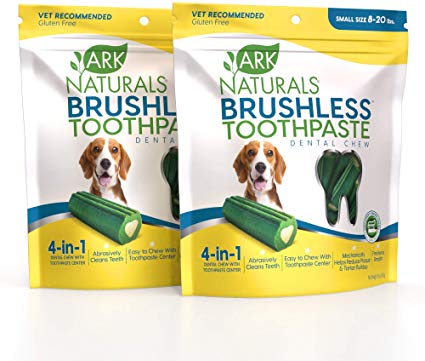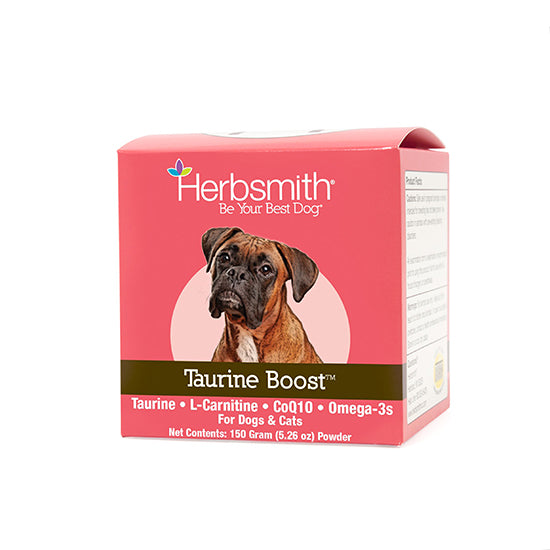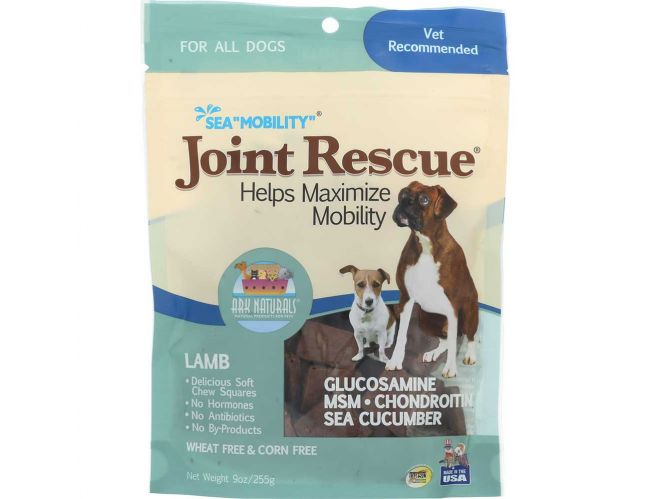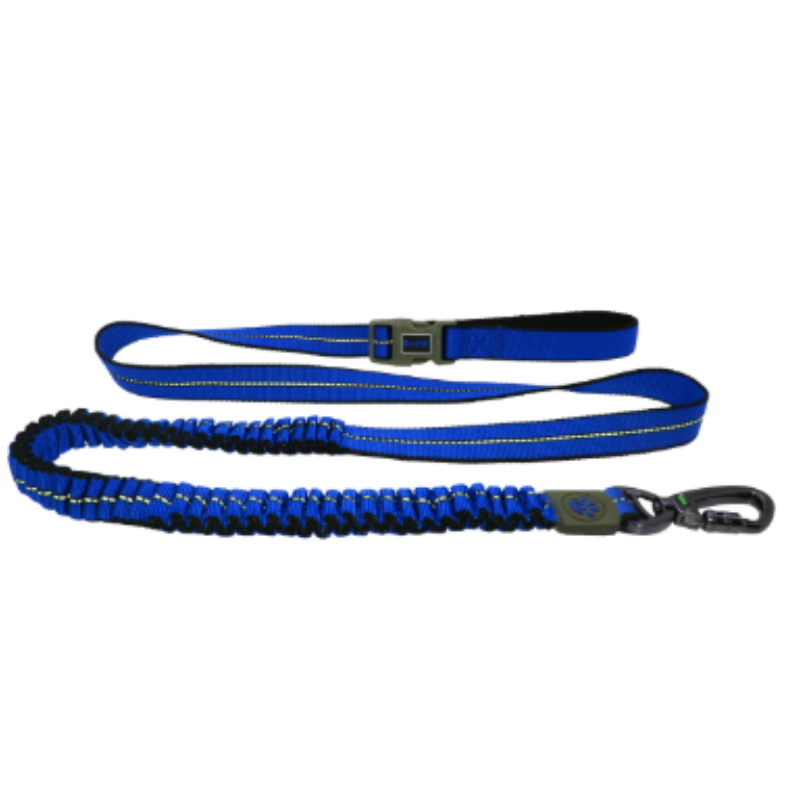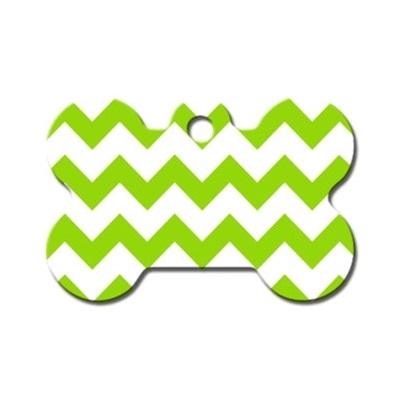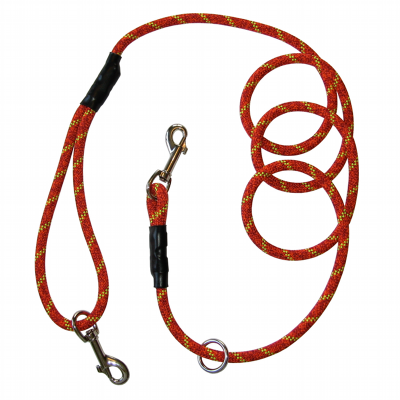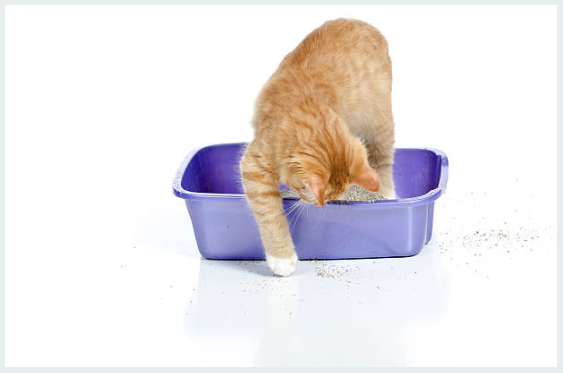Pumpkin boasts the following health benefits for dogs:
1. Pumpkin is Nutrient-Rich
If you look at the nutritional information for one cup of cooked pumpkin (USDA Nutritional Database), you can see that pumpkin is low in calories, but rich in a host of essential vitamins and minerals. Pumpkin, the orange beauty that it is, contains a high concentration of vitamin A (beta-carotene). It also contains a lot of potassium, which helps regulate blood pressure, improves muscle health, and assists in metabolism. It also contains smaller amounts of a variety of healthy nutrients, including Vitamin C, Iron, Phosphorus, Magnesium, and Folate, to name a few.
2. Pumpkin Benefits Eyes
Vitamin A is essential for your eye health, and it’s no different when it comes to your dog. Vitamin A promotes eye health and the development of night blindness and other eye degeneration. Since Vitamin A is fat-soluble, feeding your dog pumpkin with a little healthy oil will make the nutrients pack more punch. Mix your pup’s pumpkin on top of his regular food, or mix in a little flax oil for a healthy, satisfying treat.
3. Pumpkins Boost Immune Health
Vitamin C is integral for immune health all-around. When combined with vitamin A (beta-carotene), E and other antioxidants in pumpkin, it can possibly help prevent certain cancers from developing. Antioxidants help destroy free radicals, or “oxidants” in your pet’s system, like yours. While oxidants are a natural part of everyone’s immune system, too many oxidants can contribute to cancers and damage the body. Boost your pet’s immune system by including fresh sources of antioxidants, such as those found in pumpkin.
4. Pumpkins Moisturize Skin & Coat
A number of nutrients in pumpkin, including vitamin A and zinc, improve your pet’s skin and coat. The high water content in pumpkin flesh also contributes to supple skin and a lustrous coat. In addition to making your pet’s coat shine and look fantastic, the added moisture causes the skin to flake less and less hair to be shed on your carpets, furniture, and clothes.
5. Pumpkin Seeds Prevent Urinary Incontinence
Don’t just look to the pumpkin flesh for your pet’s health – give him a taste of the seeds, too! Pumpkin seeds and flesh contain antioxidants and the seeds in particular contain a healthy dose of Omega 3 fatty acids. These fatty acids have anti-inflammatory properties, which can help dislodge kidney stones. In addition, pumpkin seed powder is known to prevent urinary incontinence, which is the reduced ability to hold in urine.
6. Pumpkins Encourage Digestive Regularity
A sign of your dog’s good health is whether he is pooping normally. Hard stools or those that are difficult to pass put strain on your dog’s intestines. Adding a little pumpkin to your dog’s diet supplies the necessary fibre to enable your dog to pass stool easily and cure constipation. Though it may defy understanding, pumpkins have the unique ability to cure both constipation and diarrhea in your dog. If your pet’s stool is a little loose, a little pumpkin can add bulk and form to your dog’s poop.
7. Pumpkin Can Help Naturally Control Parasites
Parasites, such as tapeworms, can wreak havoc with your dog’s digestive system and cause unpleasant symptoms including weight loss, nutrient deficiency, dry skin, and a shabby coat. Pumpkin has high amounts of an amino acid cucurbitacin, which is actually toxic to many common dog parasites and has been used to expel worms in ruminating animals. Grinding up a teaspoon or two of pumpkin seeds and mixing into canned food (or a little canned pumpkin!) is a good preventative measure, but don’t skip out on your pet’s usual treatment.
8. Pumpkins Aid in Weight Loss
Pumpkins have a high moisture and fibre content, which makes them a powerful tool for your pet’s weight loss. Replacing a little of your dog’s regular food with canned pumpkin (a few teaspoons for a small dog up to half a cup with a large dog) can help your dog lose some excess weight. The fibre and water in the pumpkin will keep them full, so they don’t miss the extra calories.
9. Pumpkin Hydrates
Many dogs fed a kibble only diet suffer from a mild, but chronic dehydration. Dry dog food has a very low moisture content and dogs do not possess a very strong thirst drive. This means that getting extra moisture into your dog through drinking can be difficult. But the high moisture content of pumpkin adds more water to your dog’s diet easily and naturally.
10. Pumpkin Tastes Great
Like many people, dogs relish the rich, creamy flavour of pumpkin. And anyone who has tried to feed a dog something healthy that does not taste as good will appreciate this benefit thoroughly. Most dogs willingly lap up even plain cooked pumpkin. But go ahead and add a pinch of cinnamon or honey for an extra tasty treat.



